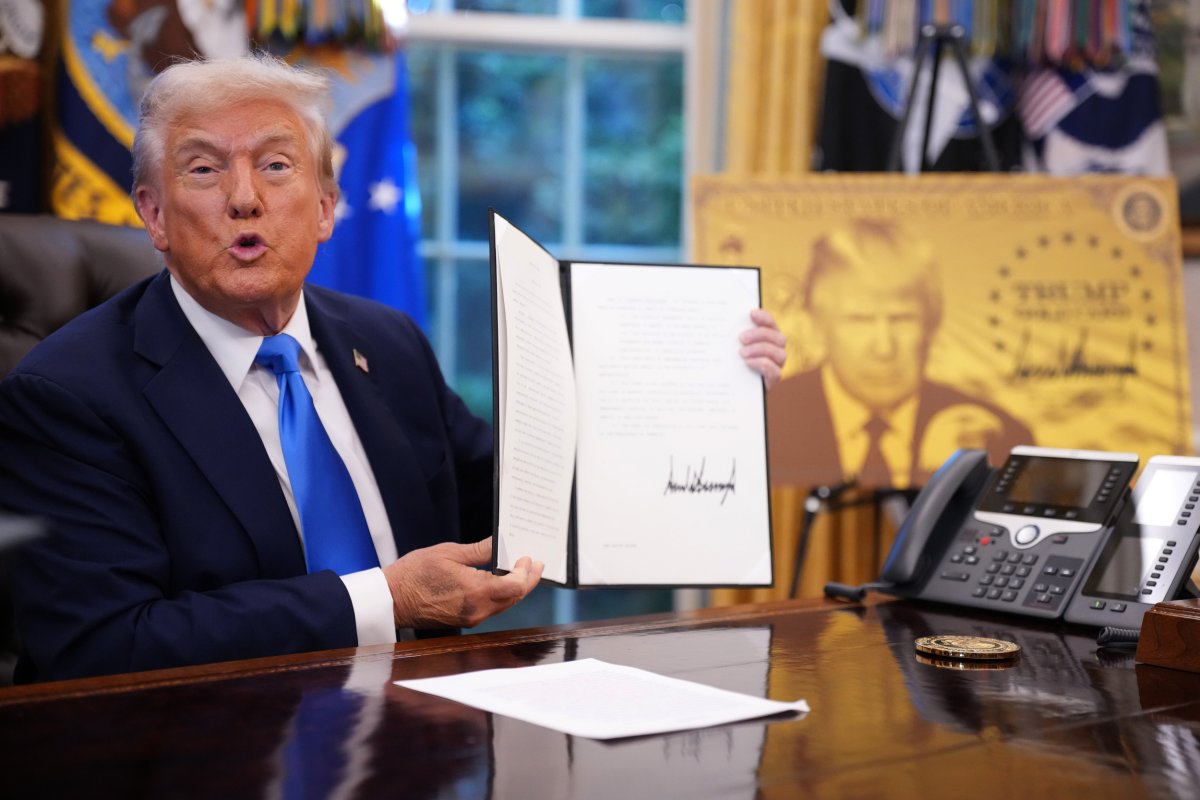Understanding the H-1B Visa Fee Increase Under Trump Administration
In September 2025, the Trump administration issued a proclamation that mandates a significant increase in fees for those applying for H-1B visas. The new regulation requires a $100,000 fee per petition for new applicants, stirring concern among tech companies, employees holding H-1B visas, and skilled foreign workers worldwide.
This measure is intended to apply to new visa petitions, not to existing visa holders. The White House clarified that current H-1B visa holders, and even those renewing or re-entering under existing visa status, will not be subject to the new fee. However, there remains confusion around the policy’s implementation, especially for those traveling or currently outside the U.S.
What This Means for Big Tech Firms and Their Employees
Tech giants such as Microsoft, Alphabet (Google’s parent company), Amazon, and others have already issued internal memos advising affected employees to stay in the U.S. or return if they are abroad. These companies are concerned about employees overseas being unable to re-enter without paying the elevated fee.
Specific recommendations include:
- Remaining in the U.S. for those with H-1B status, even if travel plans were scheduled, to avoid being denied re-entry.
- Attempting to return to the U.S. if currently abroad before the enforcement date to avoid the new fee complications.
- Monitoring company guidance and legal updates, given that many details are still being clarified, especially around scope (new applications vs renewals vs existing holders).
Implications for Foreign Talent, Employers, and Immigration Policy
The H-1B visa program has long been a major path for tech companies to hire specialized foreign workers such as engineers, programmers, and data scientists. The fee increase heightens barriers for such talent. Some consequences include:
- Reduced competitiveness for U.S. employers wanting to hire international experts, as elevated costs can push firms to consider remote talent or offshore alternatives.
- Impact on global employees and families, many of whom rely on stability in visa policy. The policy could generate uncertainty, travel disruptions, or even financial hardship.
- Potential chilling effect on immigration of high skilled workers. If fees become too burdensome, some may choose not to apply or delay their moves to the U.S.
Moreover, immigration lawyers and advocacy groups warn that the policy may disproportionately affect certain nationalities and families who depend on H-1B or related visas. Some stakeholders argue this could damage the U.S.’s reputation in global talent recruitment.
Key Dates, Scope, and Clarifications
To understand fully how this affects people, here are important details and clarifications:
- The proclamation takes effect at 12:01 AM on September 21, 2025 (U.S. time).
- The new $100,000 fee applies only to new H-1B visa petitions, not to renewals or current visa holders.
- Existing H-1B visa holders, even if traveling abroad currently, are not required to pay the new fee when returning under their existing visa status.
- The policy is scheduled to last at least a year, though further extensions or amendments could follow.
Strategies for Visa Holders and Employers to Navigate the Changes
Given the new regulation, both individuals and companies need to act proactively. Here are some suggested strategies:
- For employees: Evaluate upcoming travel plans, consult with immigration counsel, consider staying in the U.S. if possible, and ensure documentation is in order if outside the country.
- For employers: Update immigration policies, provide clear guidance to employees, possibly assist with travel or return logistics, budget for the increased cost for new hires.
- Stay informed: Monitor updates from U.S. government agencies, immigration authorities, and legal advocacy groups.
Broader Policy and Global Impact
This kind of visa fee increase reflects a broader trend toward stricter immigration and labor regulations in the U.S. It may influence:
- Global labor flows: skilled workers may shift destination countries if barriers are lower elsewhere.
- Tech innovation: companies reliant on international talent could see delays or increased costs, potentially affecting projects or expansion.
- U.S. diplomatic and economic standing: policy seen as unfriendly to international professionals may alter perceptions among foreign workers and governments.
Conclusion
The H-1B visa fee increase represents a significant shift in U.S. immigration policy, especially impacting tech companies, skilled foreign workers, and the broader global talent ecosystem. While the fee only applies to new petitions and does not affect existing visa holders, the implementation introduces uncertainty, travel risks, and financial burdens. For many workers, staying in or returning to the U.S. before the effective date is critical. Employers will need to adjust policies, support affected staff, and stay vigilant for future clarifications.
Read More






 Wednesday, 25-02-26
Wednesday, 25-02-26







